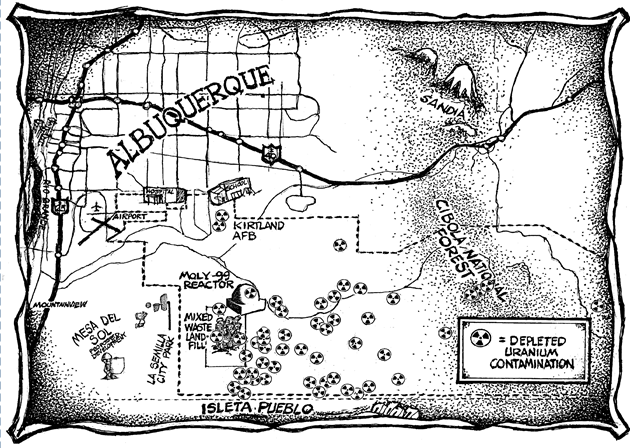
Government Accountability Project (GAP)
Files
Download Full Text (264 KB)
Document Type
Report
Date
12-19-2001
Description
The public has expressed concern that radioactivity from Hanford’s wartime nuclear weapons production might contaminate salmon spawning grounds in the Columbia River. Salmon hatchlings (alevin) grow among the gravels in the riverbed, where they are susceptible to environmental stresses that include toxic chemicals and radioactivity. Some people worry that radioactivity from Hanford will damage the alevin genetically and slowly reduce the strength of the salmon stock.
In 2001, The RadioActivist Campaign (TRAC) found a radioactive fingerprint (europium-152) of old Hanford nuclear waste in 60% of sediments lying under the Hanford Reach and in 7 of 10 major salmon spawning areas. Those results prompted this laboratory study, to examine the water in which the salmon alevin live. The question was, What radioactivity dissolves from contaminated Hanford Reach riverbed sediments into the riverbed water?
This research was completed money allocated during Round 1 of the Citizens’ Monitoring and Technical Assessment Fund (MTA Fund). Clark University was named conservator of these works.
If you have any questions or concerns please contact us at digitalrepository@clarku.edu
Publisher
Government Accountability Project
Format
Keywords
nuclear weapons, nuclear weapons testing, environment, non-governmental organizations, United States Department of Energy, tribal governments, environmental cleanup, radioactive fallout, radioactive waste
Rights
Copyright belongs to the authors. Clark University was chosen by the non-profit peace and environmental groups as the conservator of these reports; our right to distribute these works ensures they remain available to the public in perpetuity as intended. Reuse at your own discretion with with due deference to copyright holders.
Location
Washington, DC
Recommended Citation
Government Accountability Project and Buske, Norm, "Hanford Radioactivity in Salmon Spawning Grounds" (2001). Government Accountability Project (GAP). 3.
https://commons.clarku.edu/gap/3



